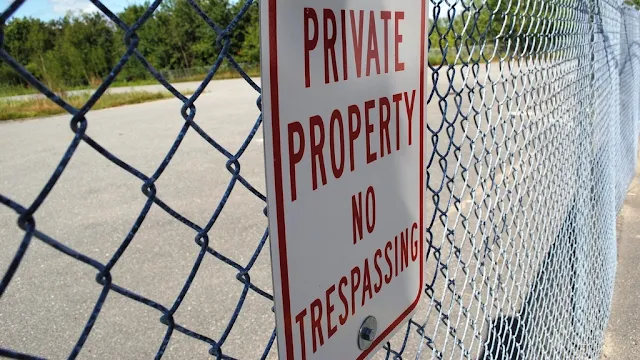
There are three (3) general limitations on a person's exercise of his rights as owner of property. They are taxation, eminent domain and police power.
In this text, the discussion focuses on police power.
Police power is one of the powers of the State. It has been held that the State cannot be deprived of its right to exercise this power. The police power and the right to exercise its constitute the very foundation, or at least one of the corner stones, of the State. For the State to deprive itself or permit itself to be deprived of the right to enact laws to promote the general prosperity and welfare of its inhabitants, and promote public health, public morals, and public safety, would be to destroy the very purpose and objects of the State.
No legislature can bargain away the public health, public safety, or the public morals. The people themselves cannot do it, much less their servants. Governments are organized with a view to the preservation of these things. They cannot deprive themselves of the power to provide for them. (G.R. No. L-9651; August 4, 1915)
[1] Property taken with no compensation for general welfare. This differentiates police power from eminent domain because the latter requires just compensation.
[2] When any property is condemned or seized by competent authority in the interest of health, safety or security, the owner thereof shall not be entitled to compensation, unless he can show that such condemnation or seizure is unjustified. (Art. 436 of the Civil Code)
[3] The exercise of police power has the following requisites: [3a] The interests of the public generally, require such interference (as distinguished from those of a particular class); and [3b] The means are reasonably necessary for the accomplishment of a purpose, and not unduly oppressive.
